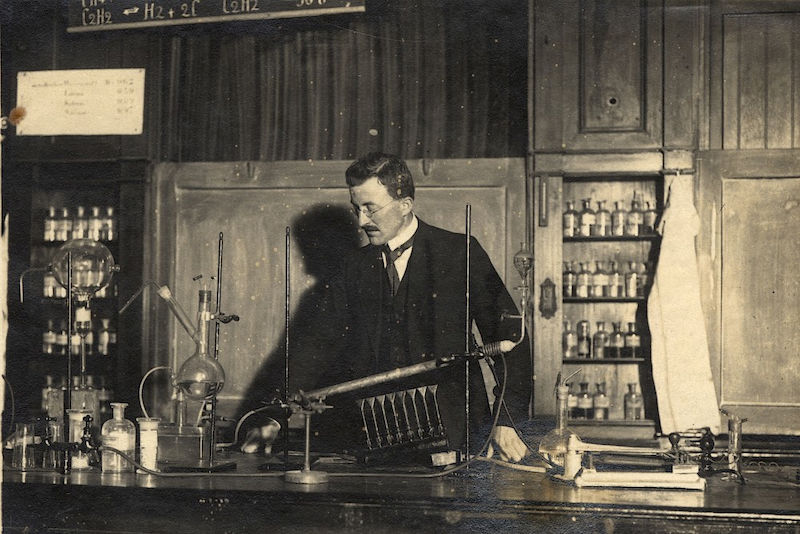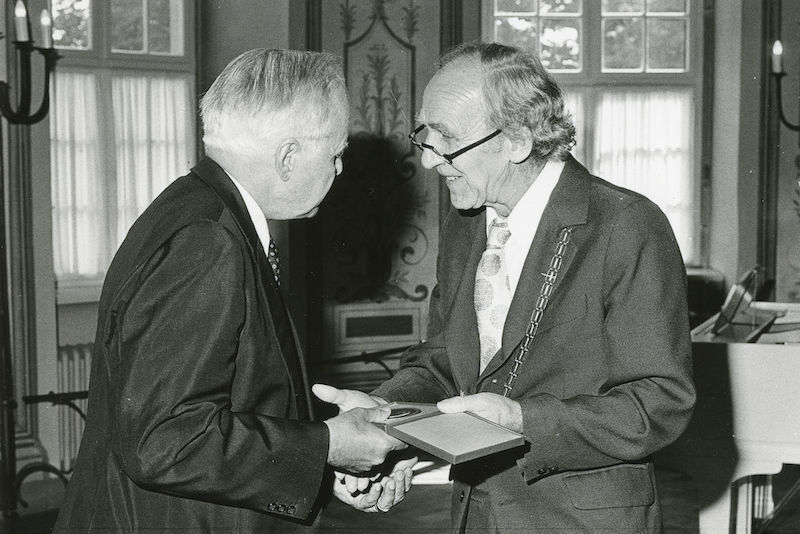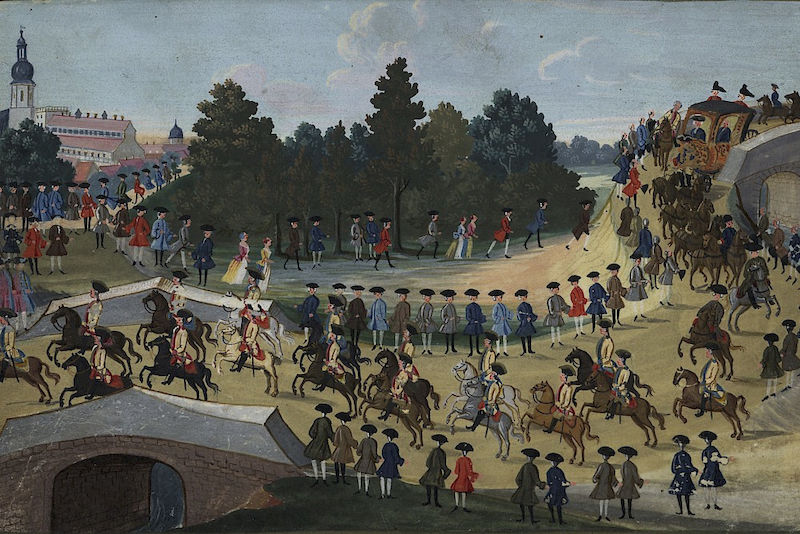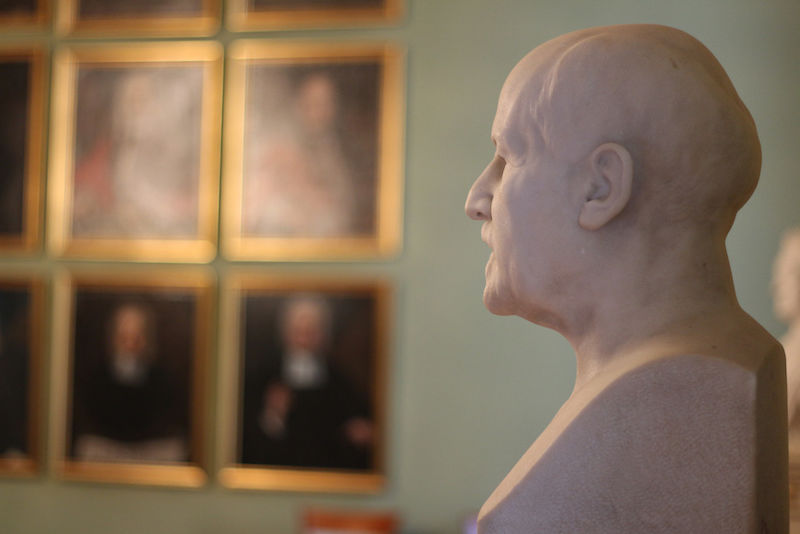
Big names: Hermann Staudinger
The foundations for polymer research were laid 100 years ago when Hermann Staudinger described macromolecules for the first time. The chemist and Nobel laureate is an alumnus of the University of Halle. Read more

The foundations for polymer research were laid 100 years ago when Hermann Staudinger described macromolecules for the first time. The chemist and Nobel laureate is an alumnus of the University of Halle. Read more

When Betty Heimann qualified to become a lecturer in 1923, it was still quite an extraordinary event. The law prohibiting women from becoming lecturers had only been abolished three years previously, allowing the indologist to become the first female lecturer at the University of Halle. After her appointment as an associate professor, she became “Miss Professor”. Read more

Just a few years after the end of World War II, scientists at MLU’s Institute of Physics started using electron microscopy in their research. What now appears unremarkable, was new and innovative at the time. The mastermind behind this achievement was the physicist and later president of the Leopoldina, Heinz Bethge. Read more

Christian Wolff was far ahead of his time. He was one of the most progressive, but also one of the most combative professors who ever taught at the University of Halle. He dealt with mathematics and physics, with philosophy and - as has only recently become known - even with sexual enlightenment. Greatly to the annoyance of the Pietists, with whom Wolf engaged in real battles and who ensured that the upright thinker was ultimately driven out of the City of Halle. Read more

His time in Halle was relatively short. Nevertheless, Friedrich Schleiermacher, whose 250th birthday will be celebrated in November, spent two intense periods of his life here – first as a student and then as a theology professor. He is not just remembered by a street in the Paulusviertel; the scholar also wrote a Christmas story here. And his life and his work still provide the basis of academic work in Halle to this day. Read more

The name “Georg Cantor” might not mean a great deal to a lot of people, yet the professor, who once worked in the City of Halle, is one of the most prominent mathematicians who has ever lived. We have Cantor to thank for set theory, as well as the definition of infinity. Even the genius Albert Einstein expressed his appreciation for Cantor’s abilities. The University’s history connects it to many well-known figures or big ideas. Not everyone, however, is fully clued up on the whys and wherefores of these connections. But that’s about to change. The section, “Big Names” is a reminder of the outstanding researchers and academics who have links to the City of Halle. Read more